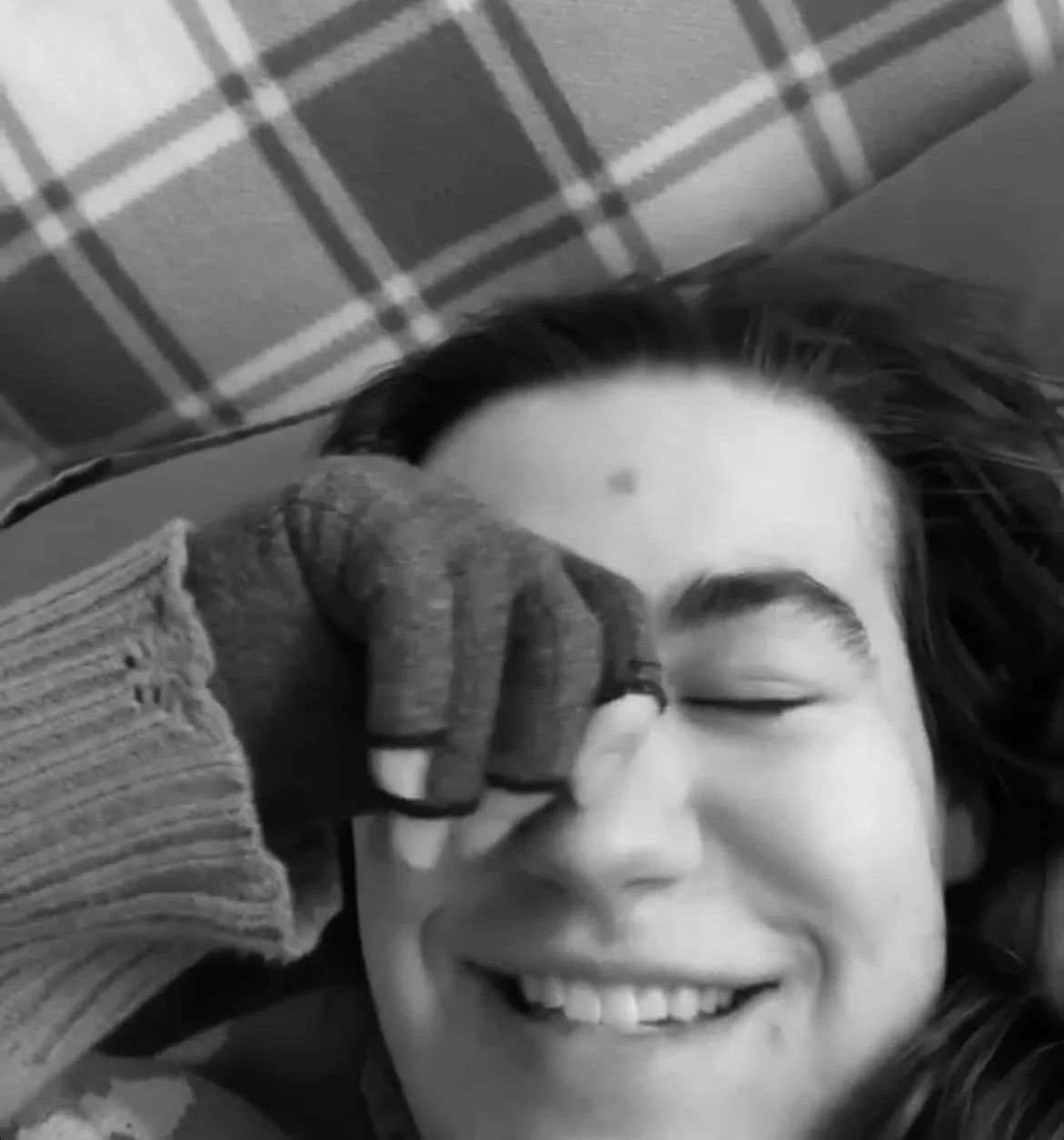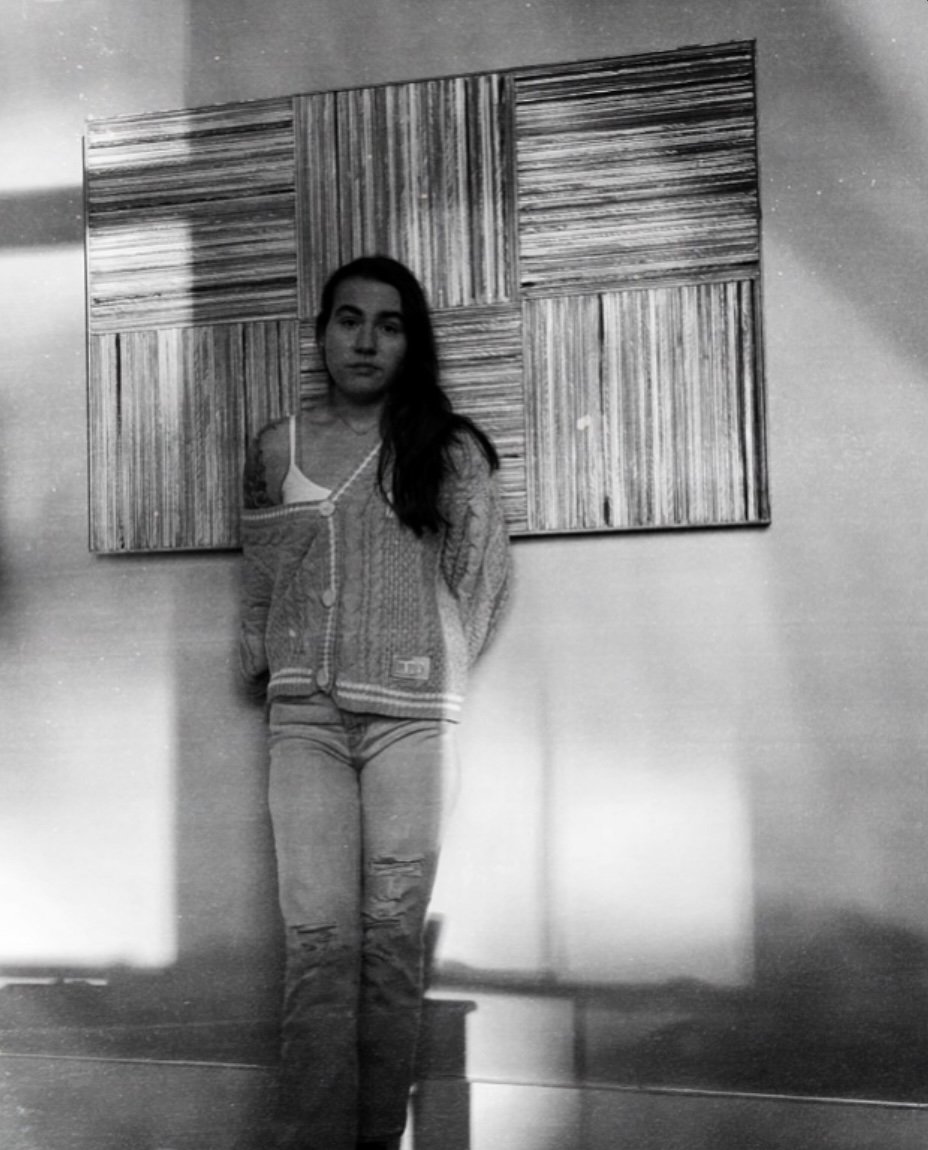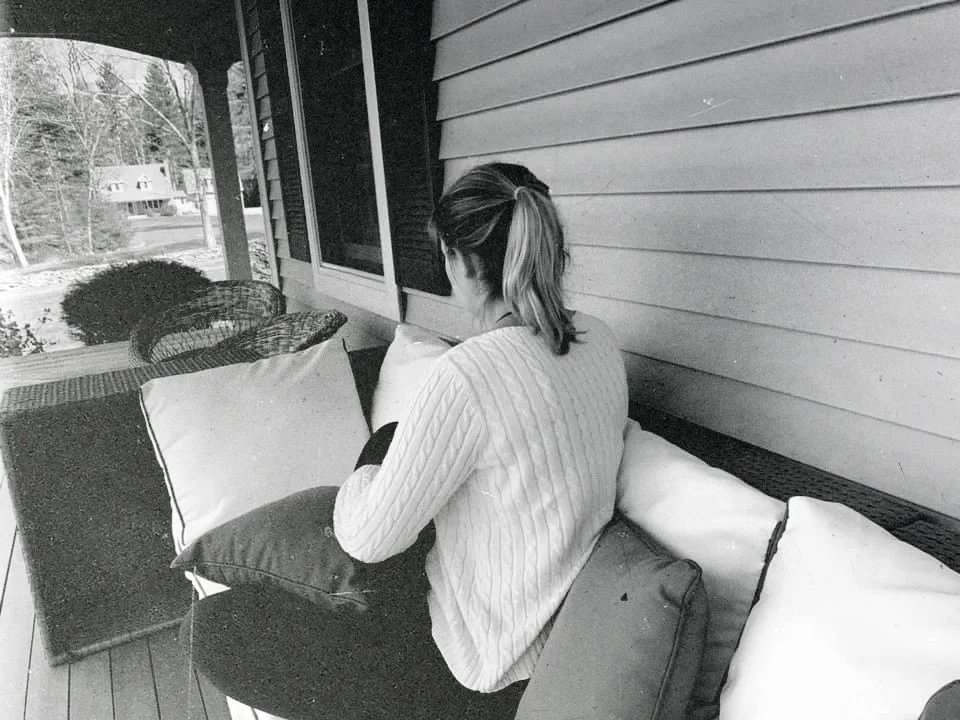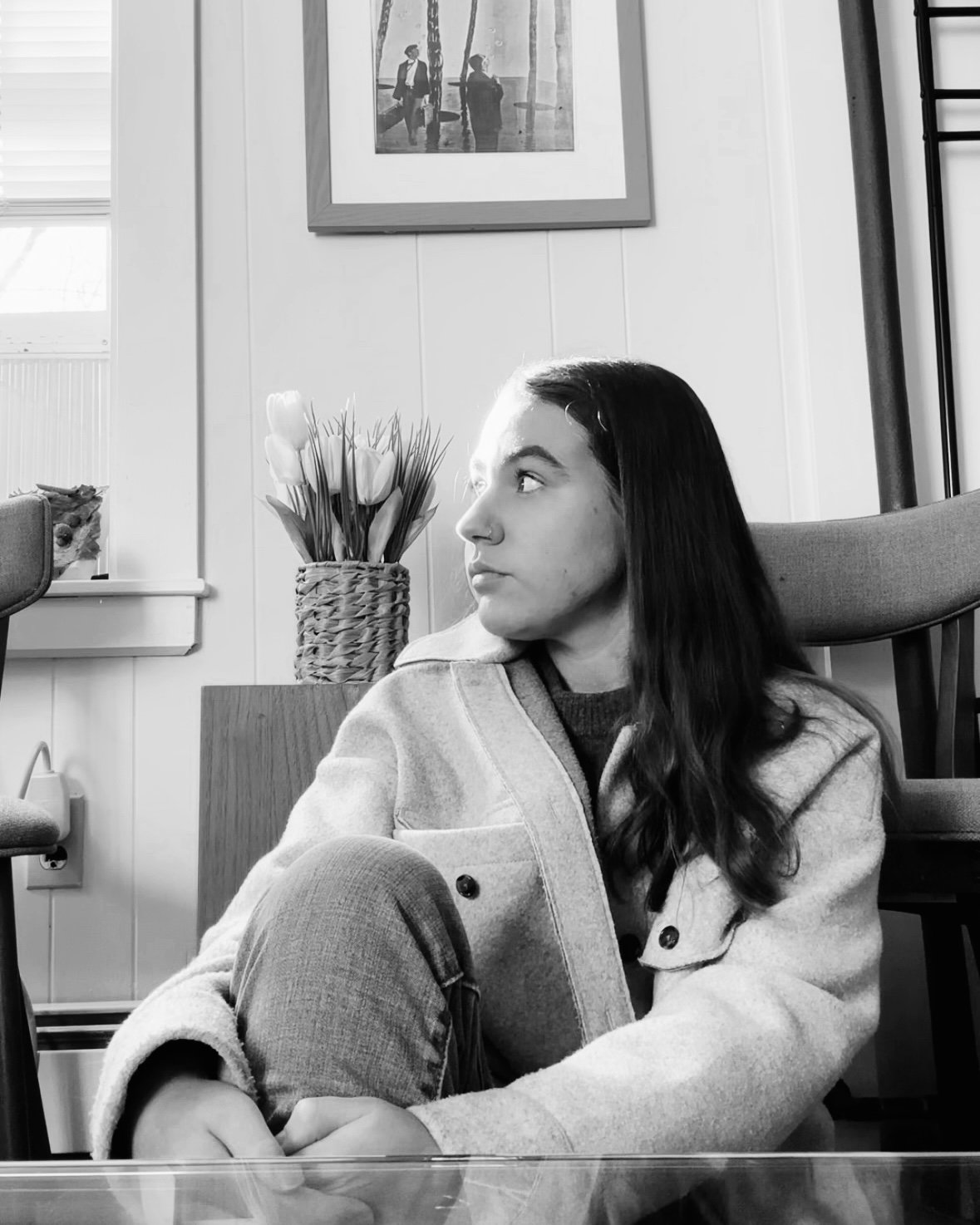There have been so many changes that have happened so quickly. I moved back to the city, and I moved with my girlfriend Aly! This post will share our little journey in a short amount of time.
I have had 7 bedrooms in my life (not including dorm rooms). I have moved every year since graduating college. I always intended to be somewhere at least a few years, but life would happen. I have wanted more than anything to be in a place that feels like I’m finally “home”. Bouncing around after a year’s lease makes it impossible to feel settled. I used to love change, and exploring new places to live. I have grown to recognize that the changes were fun at the time, but now feeling grounded in my environment is important to me. My PTSD is worse with moving. Packing my belongings into boxes, organizing a plan for getting my furniture out, and then unpacking in a new place is all overwhelming. It can take me a while to make my home feel like my safe place. Last year, I moved to be closer to work. I had a 10 minute drive, and it made my life so much easier. On days I was dissociating at work, or my arthritis was bad, it was so helpful to have my bed be right around the corner. I grew to love my apartment, and the very small town and community.
Something was missing though. I wasn’t happy living alone anymore. Aly and I have been ready to live together for a while, but it couldn’t work with our jobs being so far away from each other. Come December, Aly became motivated for a change. She was worried, understandably, but decided to apply to jobs in a city closer to me. This would mean that we could live together! It was surreal that it was finally happening. I’m so happy for her for taking the leap, as starting a new job can be intimidating. We blinked, and then March 15th was our move-in day.
Even the best changes can have some rough adjustments..and that is certainly what I’m going to share here.
If you have been following my blog, some things you have likely learned about me is that aside from having trauma, I’m a pretty anxious human, and can be kind of a loner. I have lived my entire life surviving by my alone time. In my childhood, that is how I coped. I would be alone with my creativity, passions, and imagination. I was never bored being alone. I knew how to have fun alone. I have always had good people in my life, but I also have a learned habit of having time to myself at the end of the day. I am familiar with being in my own thoughts. I am familiar with quiet. This is something very important to me, and it was a little scary to imagine the idea of not being alone. I thought about how depression and trauma are parts of my life. Sometimes I just feel sad, and need to cry. Sometimes I just need to feel it, without talking about it. Aly has seen me in these times, but she hasn’t truly lived with it. I had this anxious thought of, “Am I someone that someone would want to live with?” Even when we know something rationally, it can be easy to have those worry-wart thoughts creep in. I didn’t need to worry about these things, because Aly already knows, and she already accepts and loves me for me.
Before the move, my brain had been in so many places that it was hard to keep up with my blog. Aly was navigating the uncomfortable feelings of changing jobs and leaving her friends, and I was navigating the idea of moving from a place I felt comfortable, and having a farther commute from work again. I wholeheartedly believe that our anxiety had to do with how fast the move was coming, and not at all that we were not ready for this next step. I didn’t even realize how it was affecting me until I talked in therapy about leaving my apartment. I joked about how I was going to miss it. She said, “you really felt safe there”, and I unexpectedly started to fight tears. I told her I didn’t want to cry. She told me it was OK if I did, but I really wanted to focus on the excitement of living with Aly. I later realized that my emotions around leaving that apartment actually did not have much to do with loving it. Leaving my apartment was like leaving a therapy room. I was leaving a space that held all of my tears, flashbacks, depression spells. It was a safe place, but it also was a container for my wounds, and my healing. It was actually healthy, and it was closure for me to leave it.
Where we live now, is not new to me. I lived here before, and I loved it when I had! I have been so excited to move back and to now build new memories with Aly. We had this idea that within our first week of moving we would have friends over, we would go out in the city, and we would enjoy the week before Aly’s first day of work. However, our first 2 weeks did not go as planned.
We both got sick. Aly had a sinus infection starting from move-in day, and then I had covid not long after. Due to this, we hadn’t fully unpacked as soon as we would have liked. Our initial weeks were spent staring at boxes and looking for a couch. We were having anxiety that we were living in an apartment that looked like a storage room. My experience living alone gave me my own routine. I had my own belongings to worry about, and they all had their place. I wanted this new apartment to immediately look like my last one, and I wasn’t anticipating how much stress the clutter was giving me. We reminded each other that we had been sick, and that the place will be done and decorated soon enough. We started experiencing more chaos. My car was vandalized. Someone has been neighborhood hopping, throwing rocks at windows but not stealing anything. I was one of the unlucky ones, and I needed my rear windshield replaced. Before my windshield was fixed, I had a panic attack in the middle of the night. Aly held me and asked what was wrong. I told her it was stupid, but she encouraged me to say it anyway. I was panicking about my car, and the apartment being messy. We talked it through, she reassured me it will all work out, and then I was able to fall asleep. It probably had little to do with both of those. We were so tired. It had been a lot of stress for a both. New city, new home, and I’m not trying to be negative- but it was a lot of bad luck. For Aly, she also got a parking ticket, and then ended up in the ER. It was almost becoming humorous. Like, what next?
Our neighborhood is adorable, but we knew that our apartment would need a lot of love. It has grown on us, but initially it was easy to recognize its flaws. It’s older. We have already contacted the landlord due to several things needing fixing. Our bedroom and living room are nice and cozy, but the kitchen feels like a basement with cement floors, and no windows. We have been working with what we have. With limited storage space and no room for food, Aly assembled a large kitchen cabinet. I decided our kitchen needed something bright and happy, so we turned it into a lemon theme. My therapist surprised me with a housewarming gift; lemon salt and pepper shakers, and a lemon print dish towel. I wasn’t expecting it, not that I should have. It was something so thoughtful, and I imagine it had to do with the sessions I spent feeling silly stressing about wanting the apartment to look better. I didn’t realize how much my environment impacted my peace. It has had a great transformation. I love coming home, and I’m proud of our hard work despite the challenges.
We are enjoying the little things. I love waking up and coming home to Aly. I love having dinners with her. I even love doing her laundry, compromising on what chores we do such as dishes and taking out the trash. I love her company. I love sitting on our couch together (now that we have one), and deciding on what movie we watch. We spent one day this past week walking on a trail and something as small as going for a walk in our new neighborhood felt like so much fun.
My drive to work may be longer, but my drive to therapy is shorter. My life has not changed so much. I still see my friends at work, and I have actually moved closer to some of my other friends. I do not have to drive far most days of the week, as I work from home as well. Living in my comfort zone served its purpose at the time. I needed that environment to create peace for myself. Sometimes, we need a comfort zone and there is nothing wrong with that. Though, a comfort zone can grow old. I wasn’t gaining anything there, and Aly believed the same to be true about where she was. It was hard to only see each other on weekends. I was also so isolated, and I now am back living in a place where I can branch out. I recently walked to the store, because things are close enough where I don’t have to drive. I felt free.
I have always been comfortable with my solitude, and staying in my shell. Aly knows I am an introvert. She knows I may need my alone time. It helps that we can live together, and also meet each other’s needs. Right now, as I’m typing, she is on the other side of the couch watching a show. When I’m done, I won’t be alone. I do know that she is being very patient, but is ready for me to be done so she can talk my ear off! It’s these things as well, that make me happy.
There is a joke that lesbian/same-sex couples “U-Haul”, and move-in at a faster pace. I’m not going to say that our relationship didn’t grow quickly, but this stereotype would have others see it “rare” that we have gone this long without living together. It weirdly feels like an accomplishment. Living away from each other hasn’t been easy, but we made it work. We respected that we both liked where we were living and working, and we were not going to make a change until we were ready. We have been with each other long enough to know each other’s joys, pet peeves, needs. The time before living together gave us the opportunity to learn who we are as individuals in addition to who we are as a couple. There are no surprises, and we know how to navigate the hard times. Even though we have wanted to live together sooner, I believe this pace has benefited us as well.
One thing we say often, “we can get through anything together.”
I’m curious, as well as looking forward to seeing how we continue to grow together and within ourselves. Apartments may change, but living with my person- is just a new beginning. Oh god that sounded cheesy, but it’s a good feeling to have someone, and I’m lucky to have her.
Places can be “home”, but so can people.

































